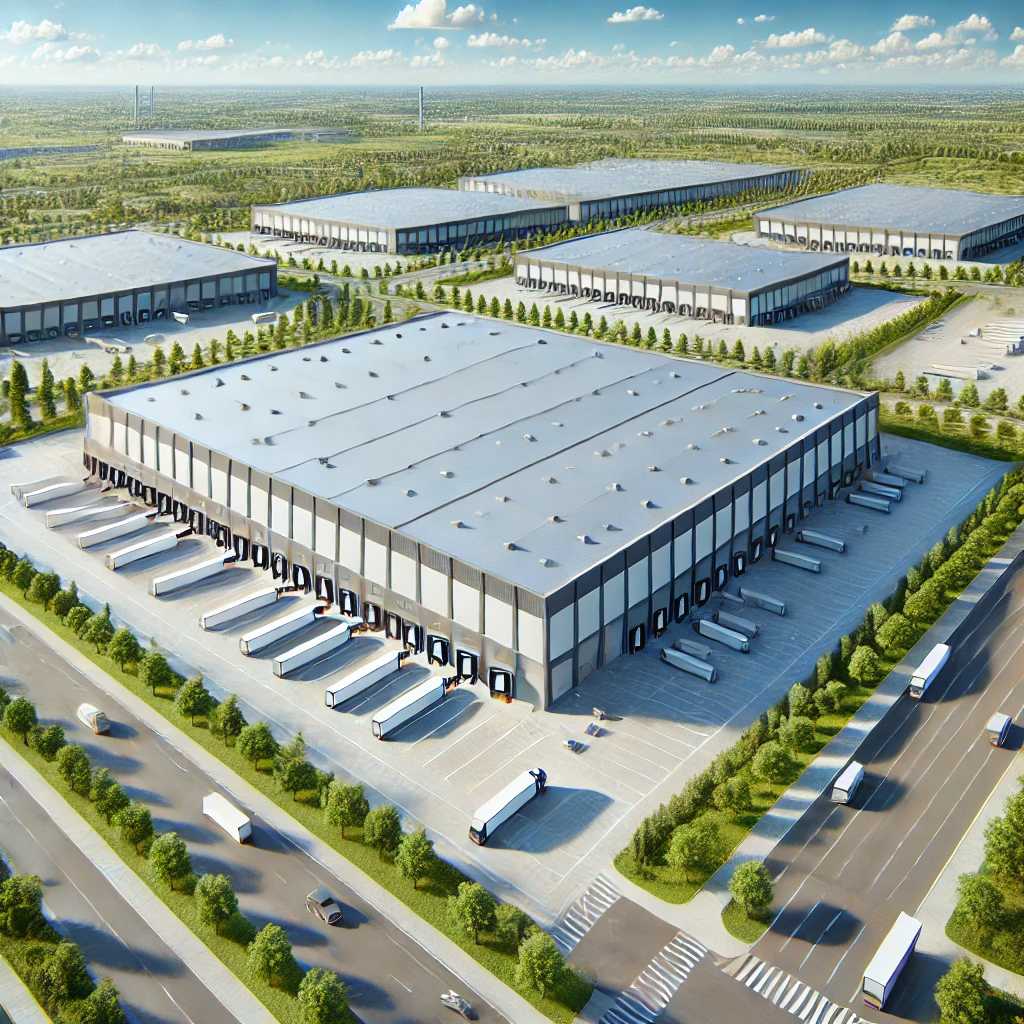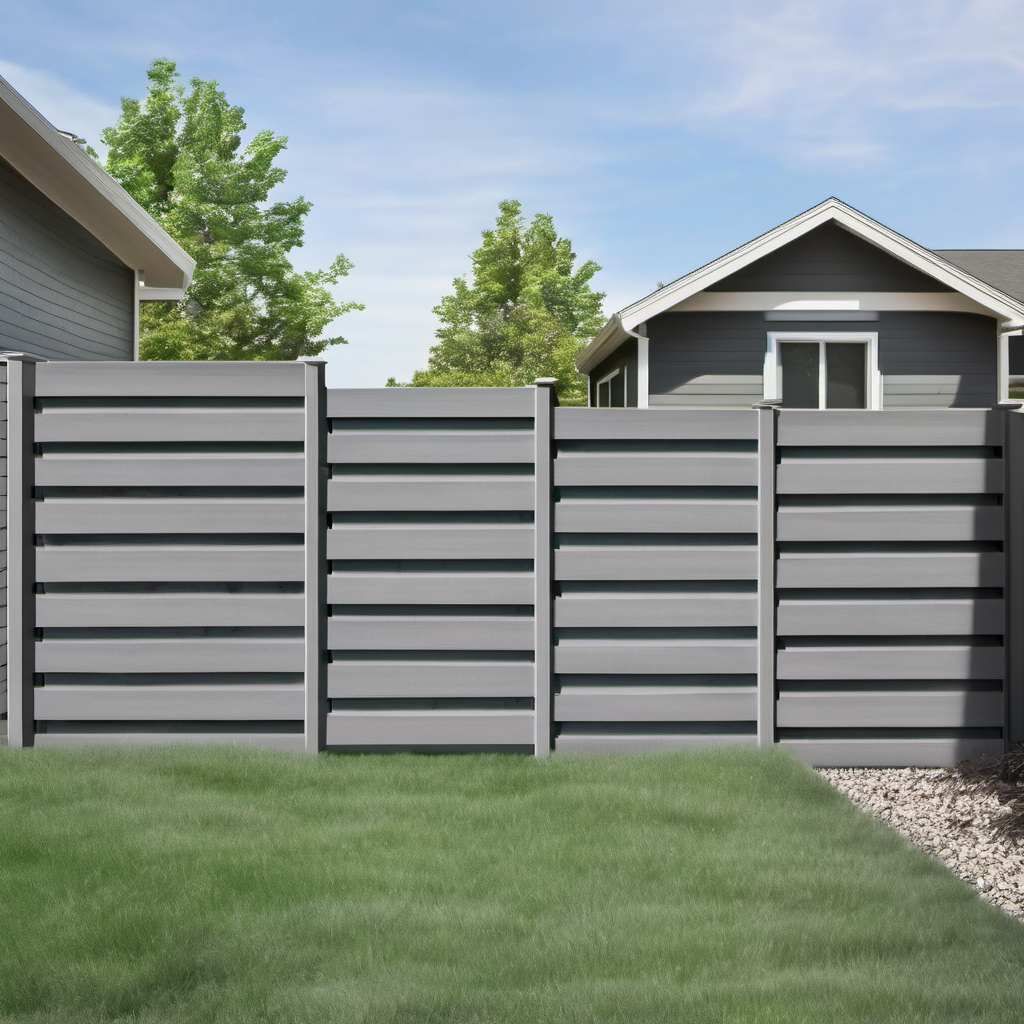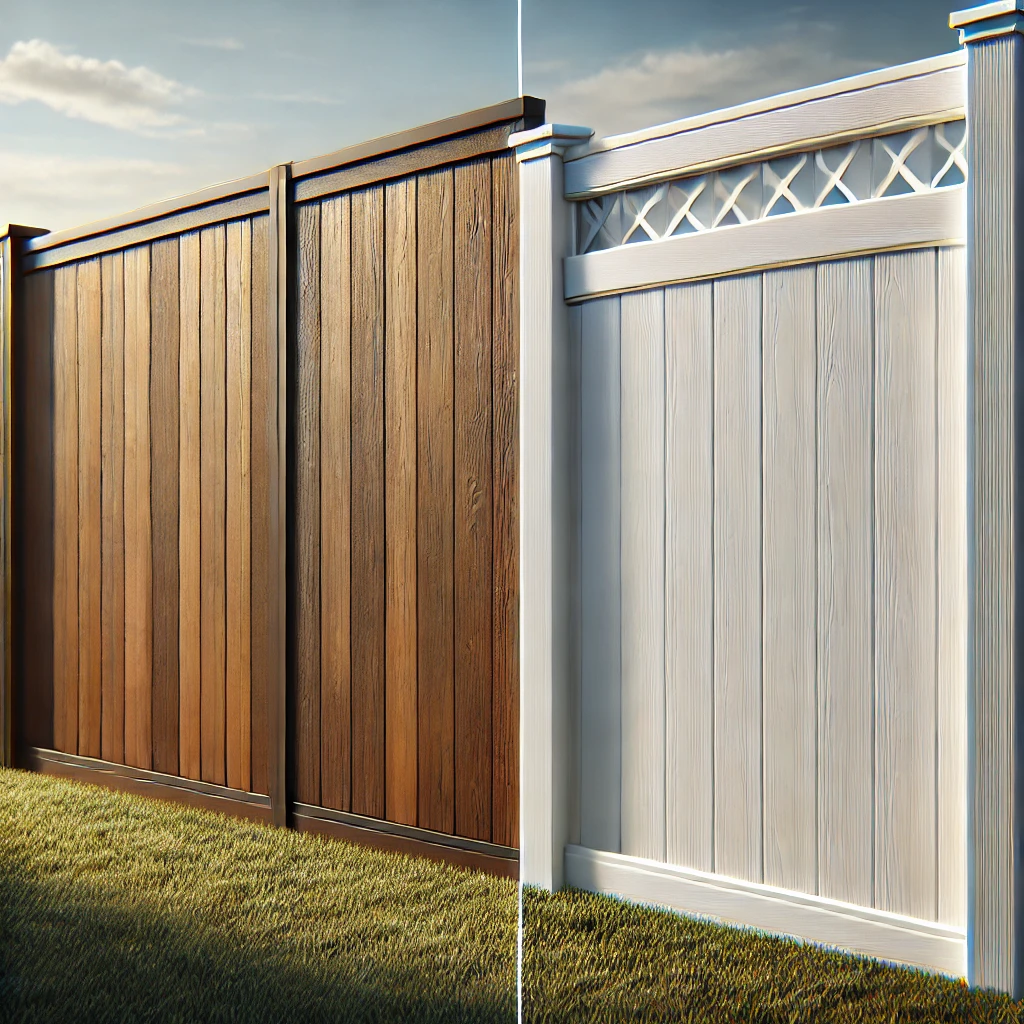Composite Fence Columbus Ohio
Upgrade your Columbus, Ohio property with a composite fence. Strong, stylish, and easy to maintain. Request a free quote today!
Composite fence installation in Columbus Ohio
For those seeking durable and stylish fencing solutions in Columbus, OH, composite fences are an ideal choice, combining the natural look of wood with the low-maintenance benefits of vinyl. Our recommended fence company in Central Ohio specializes in installing composite fences that enhance the beauty and security of properties, offering tailored solutions that withstand Ohio’s diverse weather conditions. Whether you’re looking for a Columbus fence provider to upgrade an existing fence or install a new one, the options for composite fencing in this region are plentiful. Contact us for an estimate from top-rated composite fence and vinyl fence installers in Columbus, OH, and across Central Ohio.
Composite Fence FAQs
More about Composite Fences

Composite Fence Manufacturers
Diana Sawyer

Cost of Composite Fencing
Diana Sawyer

Pros and Cons of Composite Fencing
Diana Sawyer

Composite Fence Vs Wood Fence
Diana Sawyer
